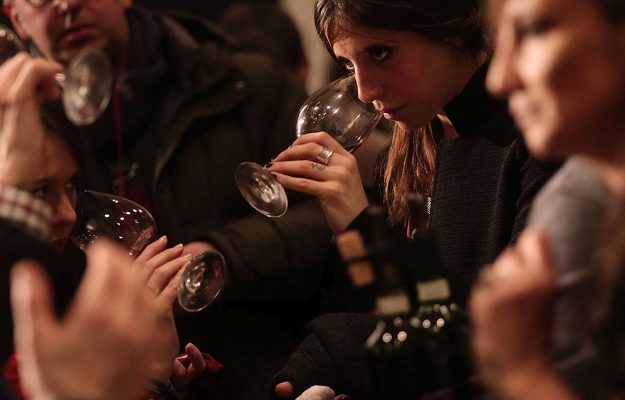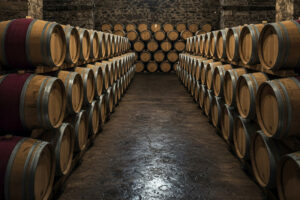How to compare the terminology of wine experts, how many and which descriptors do they use for describing wine and classifying them in Sight, Smell, Taste and Overall Judgment and also quantifying them in a scientific way (what is the result? Considering the Denominations of Valpolicella in the Production Regulations and in the main Guides and the AIS terminology, we got 63). Which ones and how many of these are used by non-experts to identify a new language based on the consumer’s perceived and experienced reality, allowing experts in the sector to communicate in a comprehensible way. This is the idea of the project “The taste of wine. Creating a science of wine tastes, to develop and promote new tasting sheets", carried out by a team of researchers at the faculty of General Psychology at the University of Verona, together with the University of Macerata, the Valpolicella Consortium and the Casa Vinicola Sartori. “We began the research”, explained the scientists, “after observing that the language used by winemakers and sommeliers in describing a wine was quite difficult for the non-expert consumer to understand. This is why our goal is to create the conditions to blend the two languages”. The next step is to compare the 63 experts’ descriptors with those on a panel of standard consumers.
Copyright © 2000/2026
Contatti: info@winenews.it
Seguici anche su Twitter: @WineNewsIt
Seguici anche su Facebook: @winenewsit
Questo articolo è tratto dall'archivio di WineNews - Tutti i diritti riservati - Copyright © 2000/2026







































































































































































































